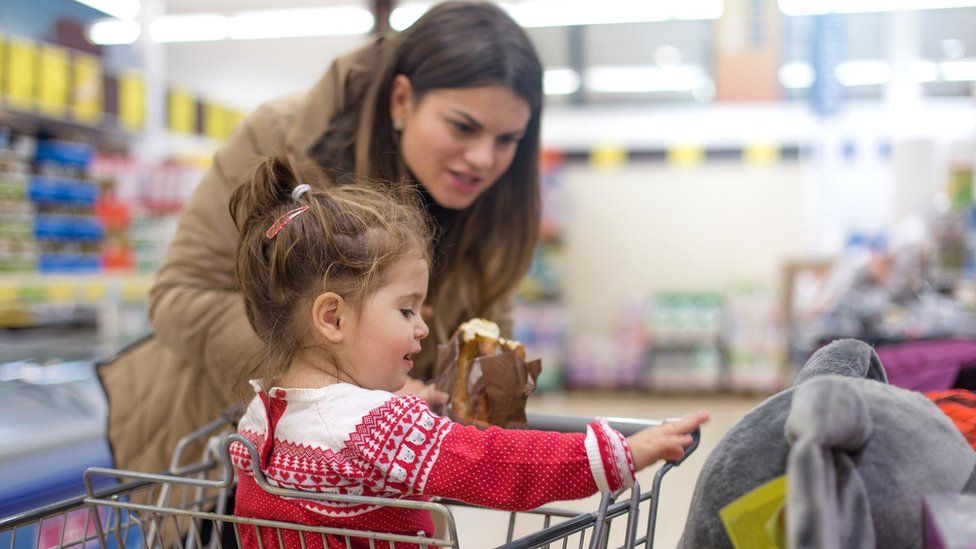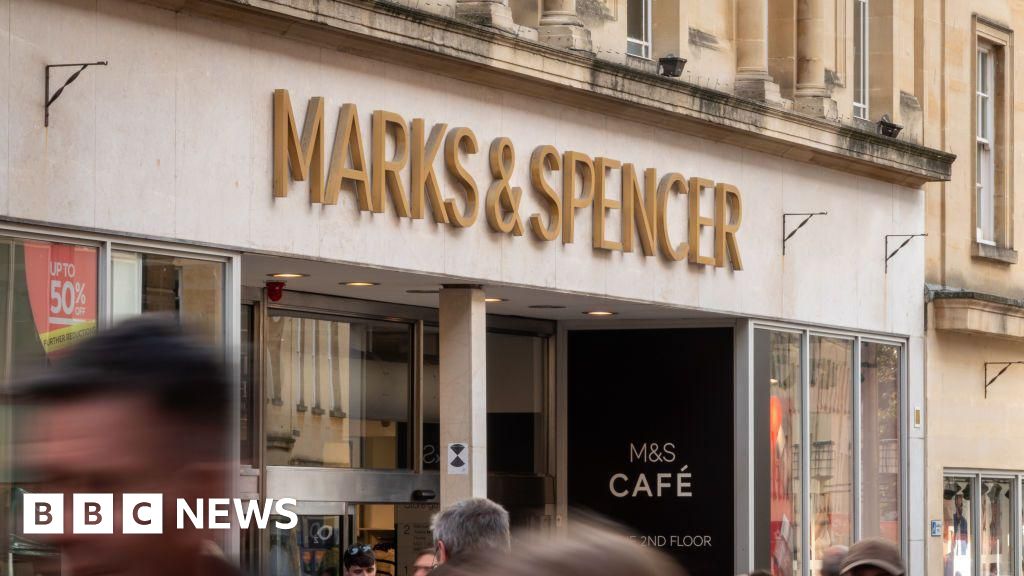ARTICLE AD BOX
 Image source, Getty Images
Image source, Getty Images
Discount supermarkets Aldi and Lidl have both reported "record" Christmas trading as shoppers looked to cut the cost of their celebrations.
The British arm of Aldi said that sales topped £1.5bn for the first time in the four weeks to Christmas Eve.
Rival chain Lidl claimed its best Christmas yet since it entered the British market in 1994.
While the increase in the cost of living has eased, households still face pressure from higher food costs.
German retailer Aldi, which has more than 1,000 UK shops, said that sales were up 8% from a year earlier as customers sought out lower prices.
It said that alternative roasting joints had proven especially popular, with beef rib and gammon joints featuring as a centrepiece on more tables.
Aldi also said that customers had bought more than 42 million pigs-in-blankets for their celebrations.
Lidl reported that its sales in the UK had grown by 12% year-on-year, although both supermarkets' figures do not strip out the effect of new shops opening up.
The supermarket, which has more than 960 UK stores, said it saw 4.5 million more shoppers come through its doors, while both firms said that Friday 22 December marked their busiest day of trading on record.
Lidl said that customers were still looking for a touch of luxury despite having less to spend, with sales of its "Deluxe" lines up 11% year-on-year for the period between 10 September and 24 December. Some of its best-selling items included macarons and Christmas-flavoured crisps such as parmesan and truffle.
Classics were still in high demand, with a fresh British turkey selling every two seconds during the week before the big day, Lidl said.
Ryan McDonnell, Lidl GB's chief executive, said: "Deluxe proved to be a standout winner this Christmas with record-breaking sales as we saw customers not only start their festive celebrations early but trade up to premium lines across all categories."
New figures from the British Retail Consortium (BRC) released on Tuesday showed that food price rises in particular had slowed significantly in December, partly due to the battle between retailers to cut prices in the run-up to Christmas.
The BRC-Nielsen IQ Shop Price Index showed that food inflation, which measures how the cost of groceries changes over time, had dropped to 6.7% between 1 and 7 December, down from 7.7% the month before and the eighth consecutive drop.
"Retailers will continue to do all they can to keep prices down in 2024, but there are obstacles on the road ahead," said BRC chief executive Helen Dickinson, citing new border checks for products imported from the European Union and higher business rates bills from April.
Overall, inflation in shops remained steady in December.
While price rises have come down from the peaks seen in 2022, inflation is still almost double the Bank of England's 2% target, and many households will not feel better off as energy and food bills and borrowing costs remain high.

 1 year ago
30
1 year ago
30








 English (US) ·
English (US) ·